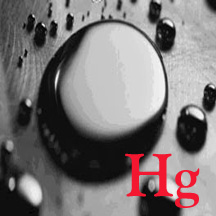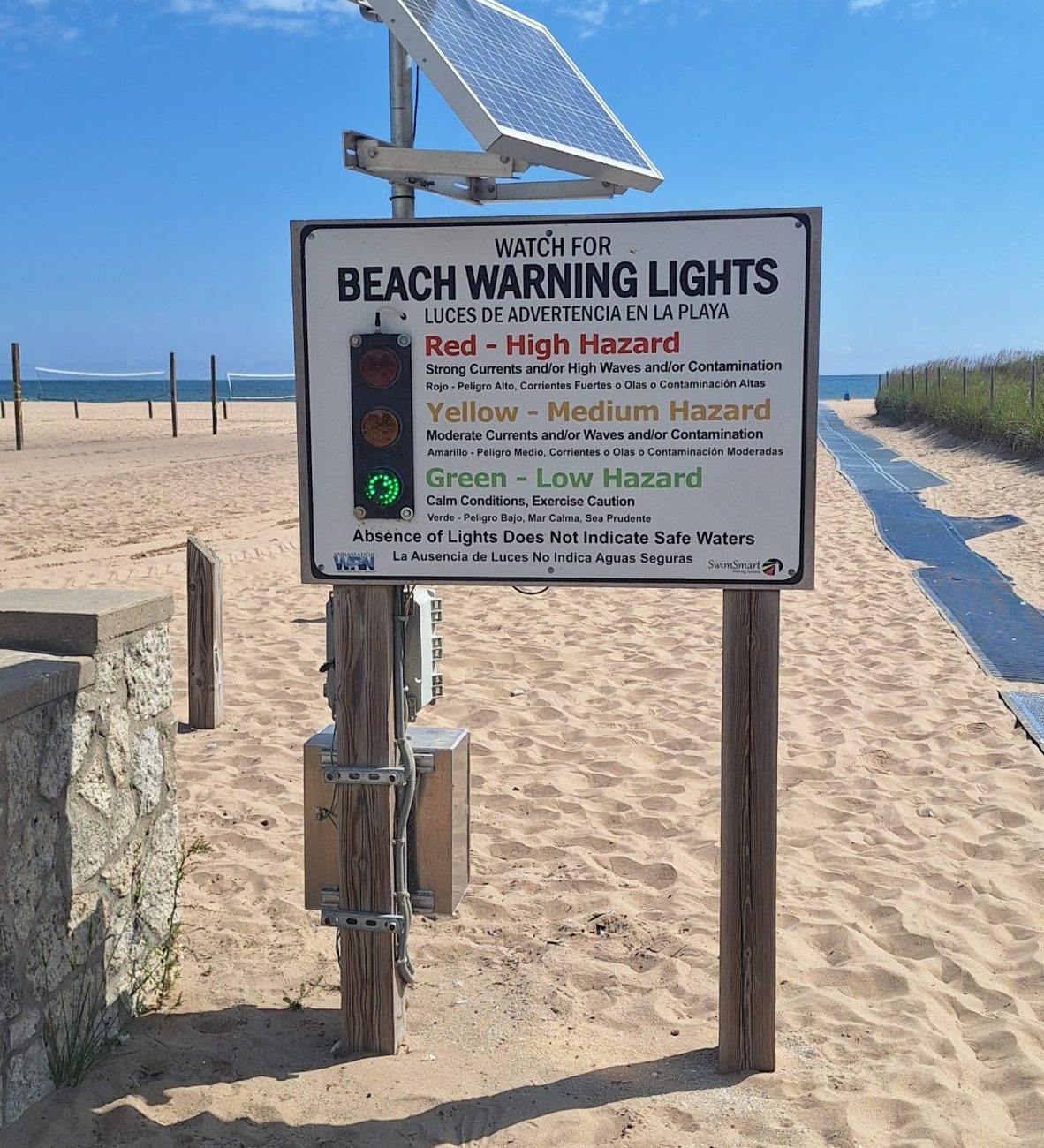Choose Services
Mercury in our Homes
Mercury In Our Homes
It is not uncommon for homeowners to use or acquire or find products containing liquid mercury in their homes. Elemental mercury, a silver colored metal is used in many household products. It is known to be toxic to humans, but when safely encased it is not a health threat. When mishandled,
However, broken mercury containing products can become a source for exposure that could pose personal risk.
In order to protect health and the environment, safe and proper storage of mercury is vital! Mercury-containing products...

What If You Have Mercury-Containing Products in Your Home?
Products containing liquid mercury should be replaced with safer alternatives. Thermometers and blood pressure devices are available in electronic form and many older mercury-containing thermostats can be replaced with newer digital ones. All mercury-containing devices that have been replaced should be saved for a household hazardousAnything that involves danger waste collection and should never be thrown away with the trash. To minimize potential hazardsA danger or risk., keep mercury-containing products in an airtight, leak-proof container. Until material is delivered to a collection, keep the container stored out of reach of children and away from any potential breakage.
For more information on HazardousAnything that involves danger Waste Collections, visit this page.
Mercury Thermostat Collection
The City of Racine Household HazardousAnything that involves danger Waste (HHW) collection Site is one of only 12 communities statewide that has been chosen to participate in this program.
Please bring any mercury containing thermostats that you may have stored at home to our site for proper recycling and handling. This pilot project is being managed by the Product Stewardship Institute of Boston, Massachusetts and sponsored by the Thermostat Recycling Corporation (TRC) of Rosslyn, Virginia. The participating states include Florida, Illinois, Minnesota, Washington, and...

What You Should Do If You Have Elemental Mercury in Your Home?
Many people have containers of elemental mercury in their homes, left over from science projects or other sources. Elemental mercury is a shiny, silver-gray metal that is liquid at room temperature. If you have elemental mercury in your home, you need to exercise extreme caution with it and package it to contain any leaks.
Packaging Mercury For Storage and Transportation
- All mercury-containing products or containers of mercury should be placed inside a larger container with a tight fitting lid.
- Kitty litter or oil absorbent should be placed around the product to protect it from breaking or sudden shocks.
- Clearly label storage container as “Mercury-DO NOT OPEN”.
- Transport containers to a household hazardousAnything that involves danger waste collection in a cardboard box and secure them so that they do not tip over and to minimize shifting or sliding during sudden stops or turns.
- Transport in the back of a pickup truck or in a car trunk. If you must transport in the passenger compartment, make sure there is adequate ventilation.
What To Do If You Have a Mercury Spill
All mercury spills, regardless of quantity, must be treated seriously. If you have a broken mercury-containing device or an elemental mercury spill in your home, you should follow these steps:
- Try to contain the spill. Never vacuum mercury. Vacuuming can vaporize the mercury and increase the chances of human exposure.
- Keep children, pets, and others away from the area of the spill.
- Ventilate the room where the spill occurred.
- Use latex or neoprene gloves when cleaning up the spill.
- Use a piece of cardboard to push mercury beads together and prevent it from spreading.
- Try to divert the mercury from cracks and crevices.
- Use scotch tape, masking tape, or duct tape to pick up small beads of mercury.
- Use a flashlight to detect any remaining beads of mercury.
- Push the mercury into an envelope and put the envelope, tape, gloves and mercury item into a sealable plastic bag. Store the bag in a secure place, preferably away from occupied areas such as in a garage, and take to a Household Hazardous Waste Collection Event.




